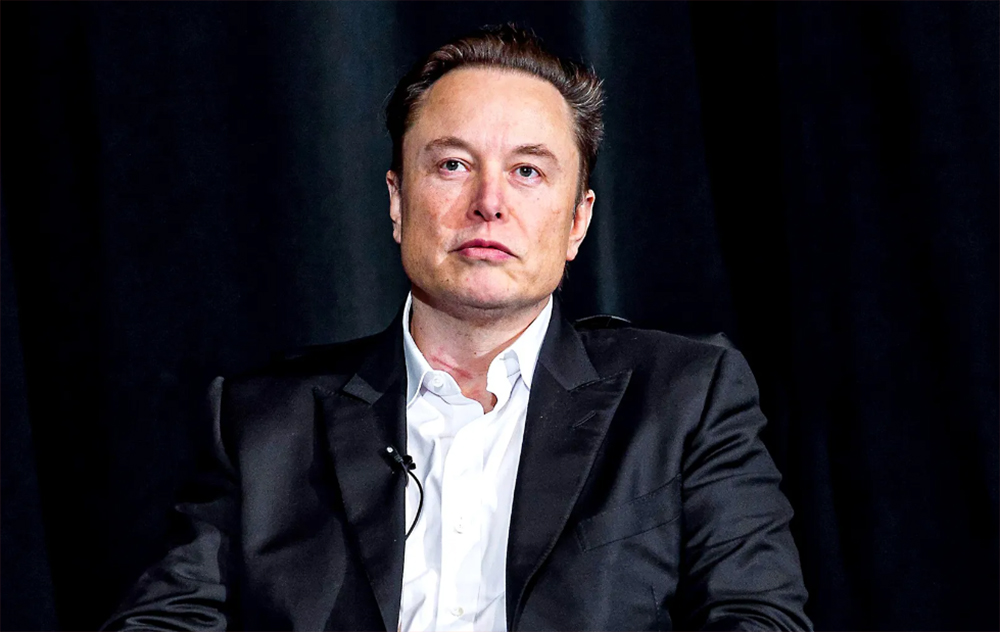
Kathmandu: As discussions around the future of artificial intelligence (AI) continue globally, technology leaders and experts remain divided on whether AI will ultimately be a threat to humanity or a transformative tool. Among the most prominent voices in this debate is Elon Musk, founder of xAI, who frequently shares his perspective on where AI is headed.
In a recent podcast, Musk predicted that AI could become more intelligent than any individual human by next year, 2026, and smarter than the entire human race by 2030. He emphasized the rapid pace of AI development and urged society to prepare for its impact.
This is not the first time Musk has made such bold claims. In 2020, he speculated that AI could surpass human intelligence by 2025. His latest timeline, however, is considered by many analysts to be accelerated compared to earlier projections.
Musk’s prediction aligns partially with previous research. A 2017 MIT study estimated a 50% chance of AI matching human intelligence within 45 years, and a 10% chance within nine years. Similarly, a 2016 survey of 550 AI experts suggested comparable outcomes. More recently, a 2023 survey of 2,778 AI researchers predicted a 50% chance of AI reaching human-level intelligence by 2047.
While Musk’s forecast is viewed by some as overly ambitious, it underscores the growing urgency and debate over the implications of AI’s rapid advancement.
FACEBOOK COMMENTS